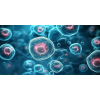Recombinant Human HGF Protein
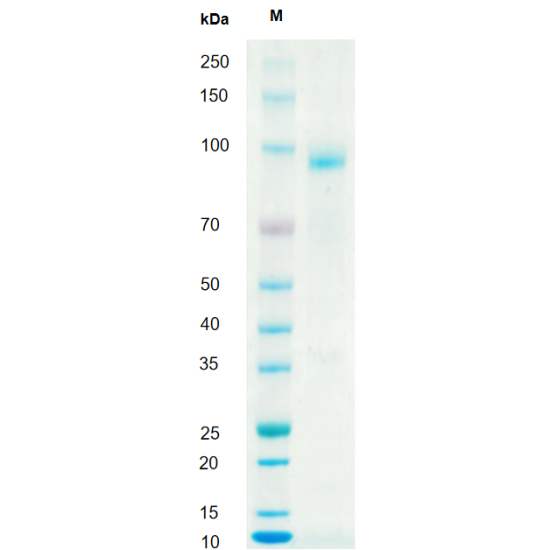
- Stock: In Stock
- Model: GMP-TL765
Available Options
HGF is a hetrodimer molecule composed of 69-kD alpha-subunit and 34-beta-subunit. HGF is a potent mitogen for mature parenchymal hepatocyte cells, seems to be a hepatotrophic factor, and acts as a growth factor for a broad spectrum of tissues and cell types. Activating ligand for the receptor tyrosine kinase MET by binding to it and promoting its dimerization. HGF mRNA and HGF activity increase markedly in the liver of rats after various liver injuries such as hepatitis, ischemia, physical crush, and partial hepatectomy. Production of HGF in the liver occurs in Kupffer cells and sinusoidal endothelial cells, but not in parenchymal hepatocytes. HGF mRNA is also markedly increased even in the intact lung, kidney, and spleen after injuries of the liver. Therefore, HGF may act as a trigger for liver regeneration through two mechanisms: a paracrine mechanism and an endocrine mechanism. Moreover, HGF mRNA increases markedly in the kidney after various renal injuries, thus it suggests that HGF may act not only as a hepatotropic factor but also as a renotropic factor. HGF stimulates growth of various epithelial cells, including renal tubular cells (Mitogen). It is worth noting that HGF strongly enhances motility of epithelial cells (Motogen) and induces epithelial tubule formation (Morphogen), while it strongly inhibits growth of several tumor cells. All these findings indicate that HGF may have important roles in organogenesis, morphogenesis, carcinogenesis, as well as in organ regeneration.
| Cytokines | |
| Expression Host | HEK293 cells |
| Synonym | Hepatocyte growth factor ;DFNB39 Protein, Human; F-TCF Protein, Human; F-TCFB Protein, Human; HGFB Protein, Human; HPTA Protein, Human; SF Protein, Human. |
| Protein Sequence | DNA sequence encoding human HGF (P14210) expressed with His tag at the C-terminus. |
| Molecular Mass | The recombinant human HGF protein contains 742 amino acids with a predicted molecular weight of 84.8 kD. |
| QC Testing Purity | > 90 % as determined by SDS-PAGE. |
| Endotoxin | < 0.1EU per 1μg of the protein as determined by the LAL method. |
| Activity | Determined by the level of IL-11 secreted from human osteosarcoma cells (Saos-2).The expected ED₅₀ for this effect is ≤ 5 ng/ml. |
| Formulation | Lyophilized from sterile PBS, pH 7.4. Normally 6 % mannitol are added as protectants before lyophilization. |
| Stability | 24 months at 2℃ to 8℃ in lyophilized state. 6 months at -20℃ under sterile conditions after reconstitution. 12 months at -80℃ under sterile conditions after reconstitution. |
| Storage | Recommend to aliquot the protein into smaller quantities after reconstituting with water for injection, normal saline or PBS, and keep the diluted concentration above 100μg/mL. Avoid repeated freeze-thaw cycles. |
| Thumb | File information |
| GMP-TL765_SDS.pdf File Size171.28KB Downloaded: 319 | |
| GMP-TL765_Product Sheet.pdf File Size83.88KB Downloaded: 489 |

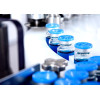
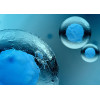
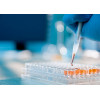
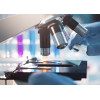
-100x100w.jpg)
